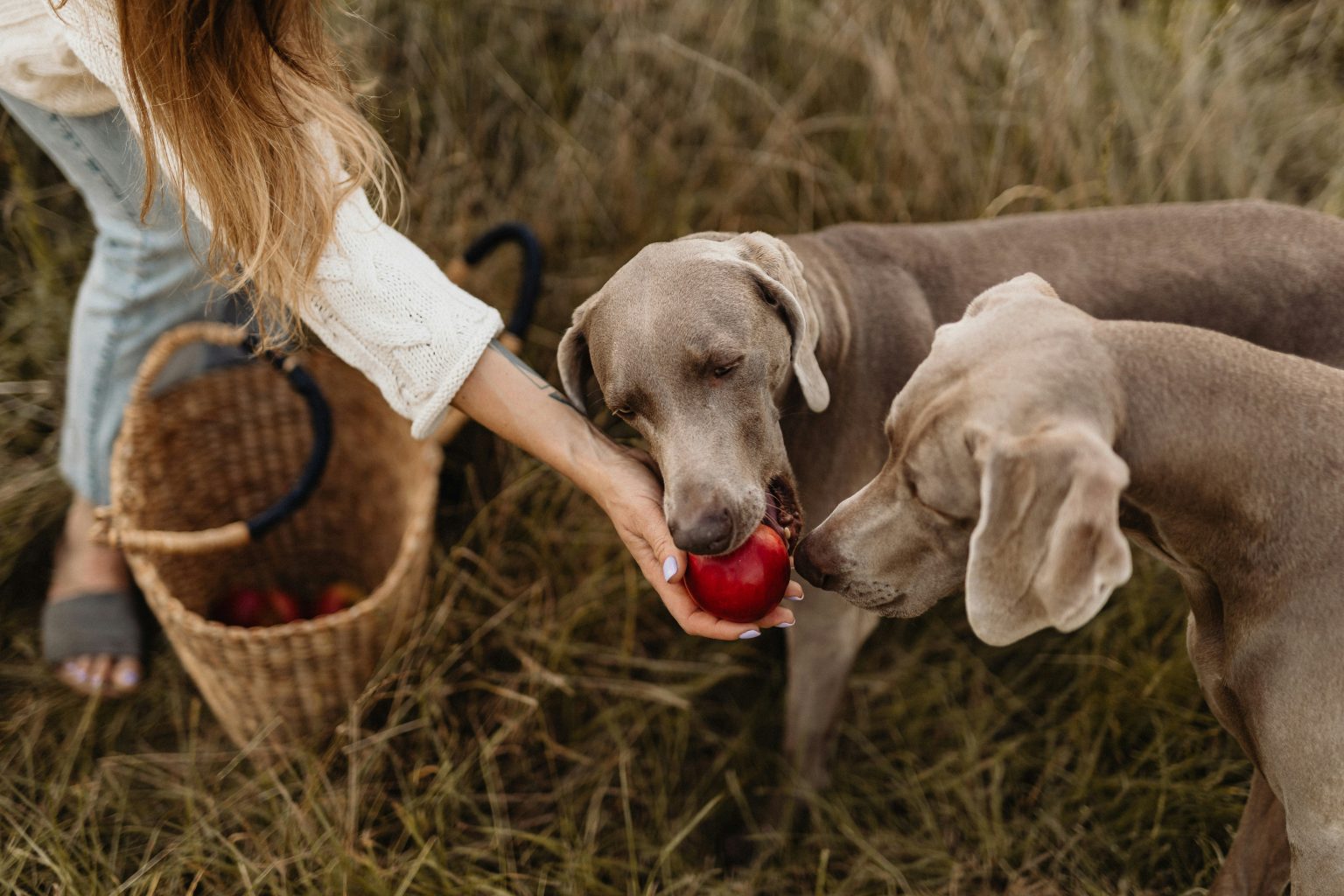Data Reveals the Most Searched Fruits by Dog Owners Wondering if They Are Safe for Their Pets
As temperatures rise, so too does the consumption of fresh summer fruits. And alongside that, comes pet owners’ curiosity over whether their furry friends can safely and healthily indulge in the same treats as their human counterparts.
“Anyone who owns a dog knows you have to be extremely cautious with what food you share with them,” says Angelo Sorbello, an expert in pet health and wellness and the CEO of Pet Sprint. “But not many people know exactly what fruits they can give to their dogs.”
According to a new study conducted by Pet Sprint, tens of thousands of dog owners are unsure about whether they can give their pets fruits such as bananas, apples, and raspberries, taking to Google in search of answers.
Their data reveals which five fruits dog owners are asking “can my dog eat this?” about the most. Sorbello also shares his insight into whether these fruits are suitable for owners’ canine companions, along with their health benefits and risks.
| Rank | Keyword | Monthly Google Search Volume |
| 1 | Bananas | 104000 |
| 2 | Strawberries | 90000 |
| 3 | Apples | 88000 |
| 4 | Blueberries | 73000 |
| 5 | Raspberries | 25000 |
-
Bananas
Google search volume per month: 104,000
Bananas, a popular choice among dog owners, are a rich source of potassium, fibre, and vitamins B6 and C. These nutrients can boost your dog’s digestive health and energy levels. However, it’s important to remember that bananas are also high in sugar, so they should be given in moderation.
Angelo Sorbello advises, “A few banana slices are good, but too many can lead to weight gain. A large dog can safely eat one half of a banana daily, while smaller dogs shouldn’t eat more than two or three small pieces in a day.”
-
Strawberries
Google search volume per month: 90,000
This sweet and nutritious treat contains antioxidants, fibre, and vitamin C.
“Strawberries can help support a dog’s immune system,” explains Angelo Sorbello. “However, overindulging in it can lead to digestive issues. Small dogs can safely eat one strawberry a day, while larger dogs can have about four strawberries a day. All must be cut up into small pieces.”
-
Apples
Google search volume per month: 88,000
Apples are a crunchy, low-calorie snack that provides fibre and vitamins A and C. However, the seeds and core should always be removed before handing them to a dog, as they contain small amounts of cyanide.
“Apples are a healthy option for dogs on a weight management regime,” notes Angelo Sorbello. “As for the cyanide-containing seeds, a dog would have to eat 85 grams of apple seeds, or 200 apples, for cyanide poisoning to occur.”
-
Blueberries
Google search volume per month: 73,000
Blueberries are a dog superfood, loaded with antioxidants and vitamins C and K, and supporting cognitive function and overall health.
It’s best to serve blueberries in moderation to avoid digestive issues,” says Sorbello. “Depending on the dog’s size, they can eat about eight to 10 blueberries a day.”
-
Raspberries
Google search volume per month: 25,000
Raspberries are rich in fibre, vitamin C, and antioxidants.
“They contain trace amounts of xylitol, which is harmful in large quantities and can even be life-threatening,” cautions Sorbello. “For a medium sized dog, you’re looking at about five to six raspberries a day, while big dogs can eat a small handful.”
Angelo Sorbello emphasises the importance of moderation when it comes to feeding fruits to your dog. He advises, “In the heat of summer, cool down pets with nutritious fruits, but owners should remember not to get too generous with fruit snacks. Moderation is the secret to a healthy treat!”



